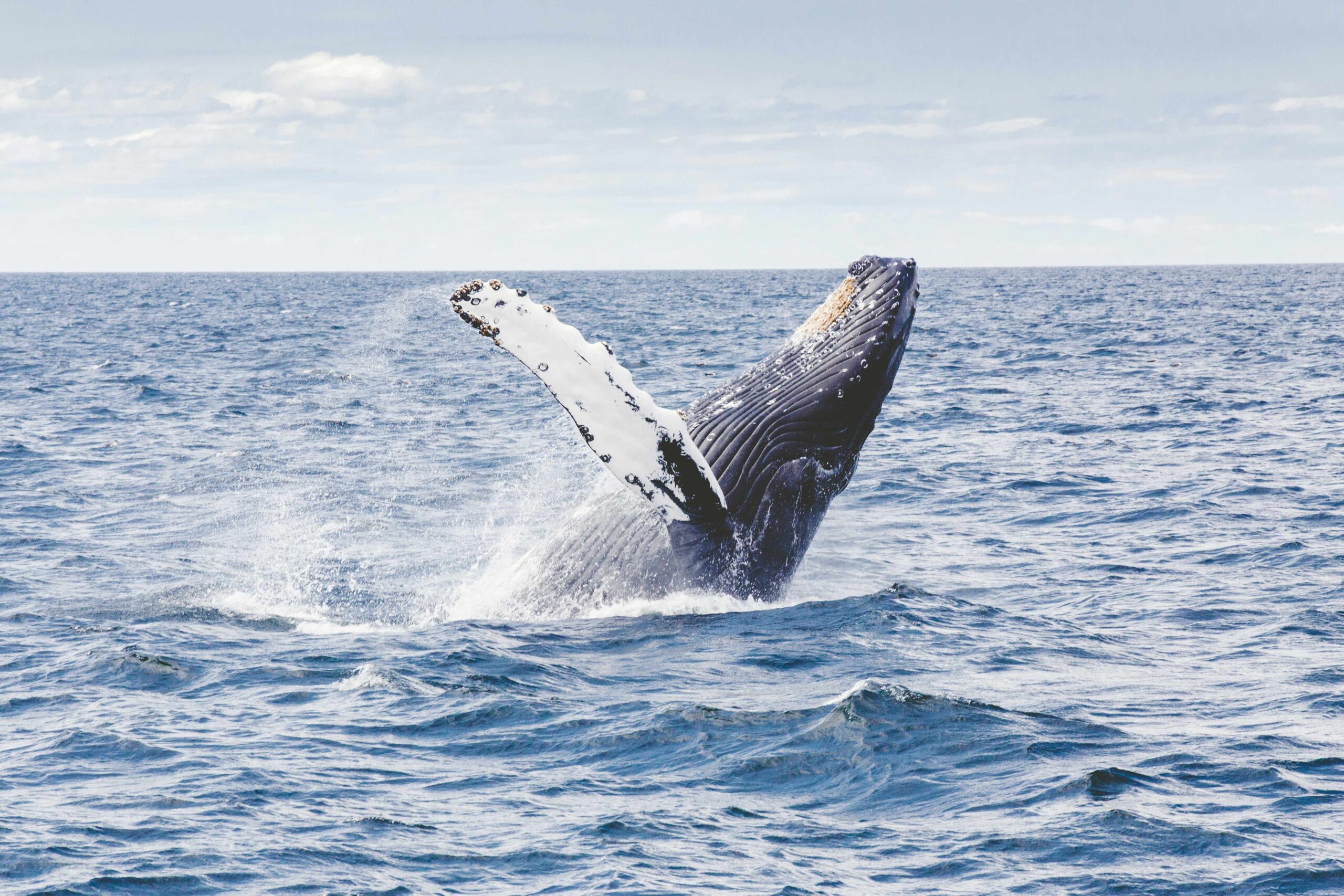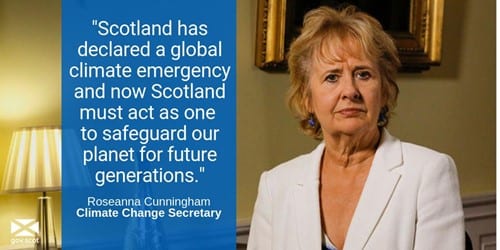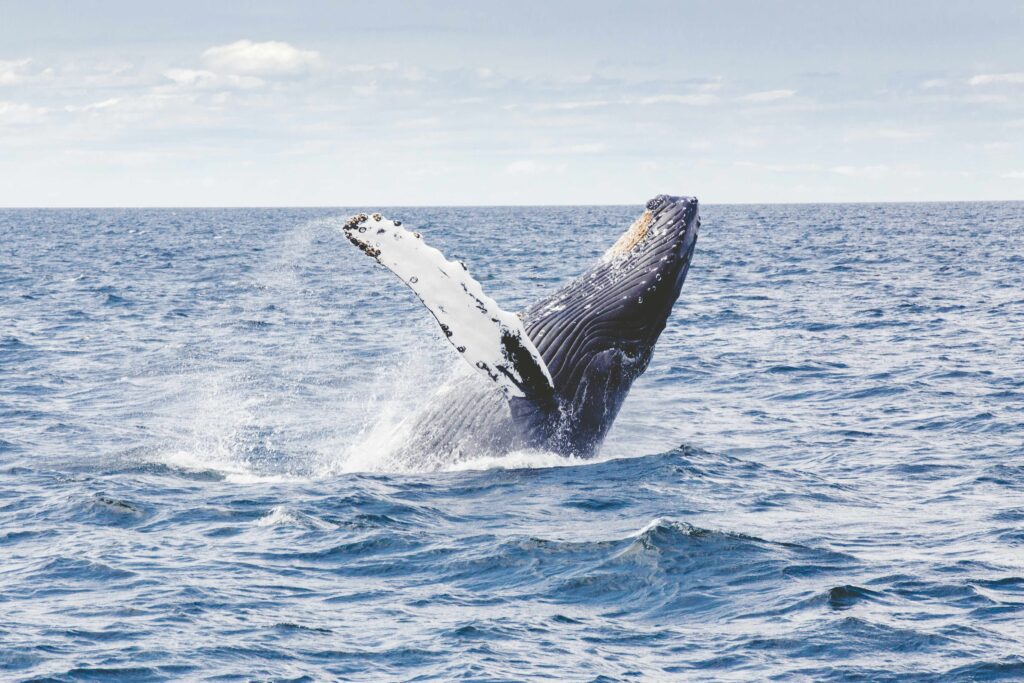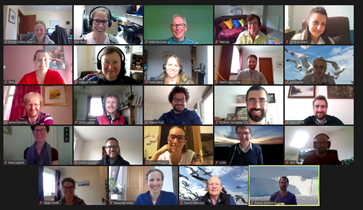Welcome to the MASTS Marine Climate Change Forum
This Forum provides a platform for knowledge exchange (information, education, networking), enabling the MASTS community to collaborate on Marine Climate Change.
As a more holistic approach to studying marine climate change is needed to solve present issues this Forum engages researchers representing a variety of disciplines.


Climate Change is a cross-cutting theme within the MASTS remit but has until now not had a dedicated forum. The Marine Climate Change Forum aims to address this, providing a focal point for climate change related research within the MASTS community in synergy with activities by the other MASTS research fora and themes.
The Scottish Government will continue to look to the scientific community to provide the necessary evidence to support climate change policies for adaptation and mitigation. The MASTS community also contributes already to the global knowledge base on the ocean’s role in the Earth’s climate, and climate change impacts, mitigation and adaptation.
These four main aims at their core are built on five common principles: (1) ensuring the MASTS community has opportunities to network, (2) communicating research within and beyond the MASTS community, (3) delivering tangible outputs, (4) amplifying –rather than duplicating– activities, and (5) being inclusive of all disciplines, career stages and organisations.
Soon to Come!

Main activities 2020-2021

Bee Berx
– University of Aberdeen | Marine Directorate
Visiting Lecturer | Marine Directorate Climate Change Lead | Environment Monitoring and Assessment Programme Oceanography Group | ICES Working Group on Oceanic Hydrography
Interests: Physical Oceanography | Ocean circulation of the sub-polar North Atlantic and European continental sheld | Observation of currents and water properties and their changes through natural variability and human-induced climate change
Colin Moffat (SAMS/RGU), Dan Goldberg (University of Edinburgh), David Paterson (University of St Andrews), Jack Sheehy (Heriot-Watt University), Jennifer Scott & Joanne Porter (Heriot-Watt University), John Baxter (University of St Andrews), Kara Layton (University of Aberdeen), Kate Wade (JNCC), Kevin Scott (St Abbs Marine Station), Laura Steel (NatureScot), Marco Fusi (Edinburgh Napier University), Mike Burrows (SAMS-UHI), Pablo Diaz (Marine Directorate), Ricardo Gonzalez-Gil & Silvia Malagoli (University of Strathclyde), Simona Aracri (University of Edinburgh) and William Austin (University of St Andrews).


MASTS was founded in 2009 to be a unique collaboration between marine research organisations, government and industry.
Charity Number: SC045259
Company Number: SC485726



We’re working behind the scenes to bring you a suite of useful, and updateable, resources including:
If you would like to be updated when the resources section is live please let us know.